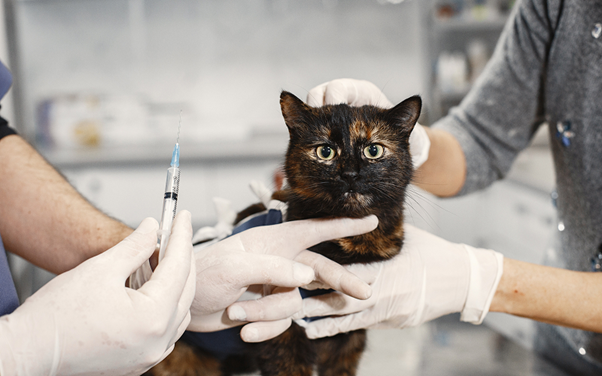Having a cat is a huge responsibility. Good pet care includes choices that improve health and quality of life. Cat sterilisation is a procedure that prevents unplanned breeding and brings benefits for both pets and communities. In Singapore, it is a key step in managing the feline population and supporting individual cats’ well-being.
Supporting Long-Term Health
Cat sterilisation offers direct health benefits that can extend a pet’s life. Female cats face reduced risks of uterine infections and certain cancers after the procedure, while male cats gain protection against testicular cancer and prostate issues through cat neutering. Steriliisation helps pet owners prevent their furbabies from further medical concerns. Consulting vets for cats ensures that the procedure is carried out safely with appropriate care before, during, and after surgery.
Improving Behaviour and Temperament
Unneutered cats frequently display behavioural challenges, from loud vocalisations during mating cycles to aggressive or territorial tendencies. Male cats in particular may spray urine to mark territory or engage in fights. Cat neutering significantly reduces these issues, leading to calmer and more sociable behaviour. Pet owners benefit from fewer disruptions at home, while cats experience reduced stress linked to hormonal changes. A simple procedure can create a more harmonious living environment for everyone.
Reducing the Stray Population
Stray cats remain a concern in urban areas, and unplanned litters contribute to this challenge. Cat sterilisation in Singapore directly helps control the growing number of stray animals, reducing the strain on shelters and rescue groups. The decision to sterilise a pet helps abandoned kittens struggling to find a life on the streets. This makes sterilisation not just an individual responsibility, but also a social one that benefits the broader community.
Financial and Practical Considerations
Some pet owners hesitate due to concerns about costs or recovery time. However, the long-term savings and benefits outweigh the initial expense. Cat neutering and sterilisation reduce the likelihood of costly treatments for illnesses linked to the reproductive system. Furthermore, the procedure helps avoid the financial and emotional strain of caring for unplanned litters. In Singapore, cat sterilisation is widely accessible, making it a practical decision for pet owners committed to responsible care.
Ensuring Safe and Professional Care
When considering sterilisation, it is essential to seek guidance from experienced vets for cats. These specialists provide thorough health checks before recommending the procedure. They ensure that each cat is fit for surgery and provide clear instructions on pre-operative preparation. With modern veterinary practices, the surgery itself is routine, and most cats recover quickly with the right care. Accessing a trusted clinic ensures that pets are treated with the highest level of safety and professionalism.
Supporting Recovery After Surgery
Recovery is a crucial phase in cat sterilisation. Pet owners should prepare a quiet and clean space for their cats to rest. Monitoring for swelling, bleeding, or changes in behaviour helps detect any complications early. Vets for cats provide guidance on pain management and activity restrictions to ensure smooth healing. With attentive post-operative care, cats usually return to normal activity within days, free from the discomfort of reproductive cycles.
Learn More: Cat Asthma: Symptoms and Treatment of Chronic Respiratory Condition
Promoting a Happier Life for Cats
Ultimately, sterilisation supports a better quality of life for pets. Free from the stress of heat cycles and aggressive behaviour, cats can enjoy a more relaxed and comfortable daily routine. The procedure allows them to focus their energy on play, interaction, and bonding with their families. By consulting vets for cats and committing to sterilisation, owners ensure that their pets live healthier, safer, and happier lives.
For more information about feline care services, contact Paws N’ Claws today.


